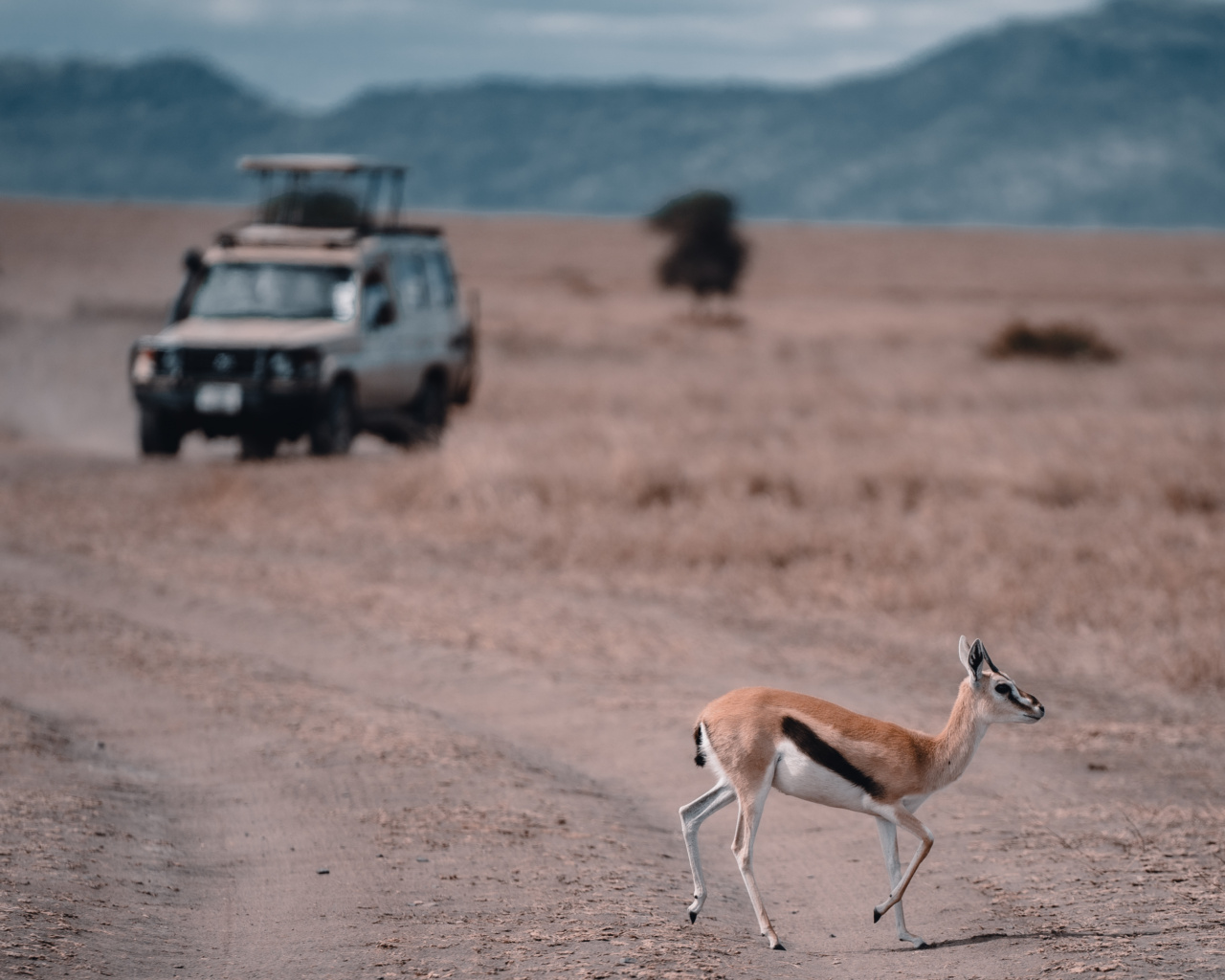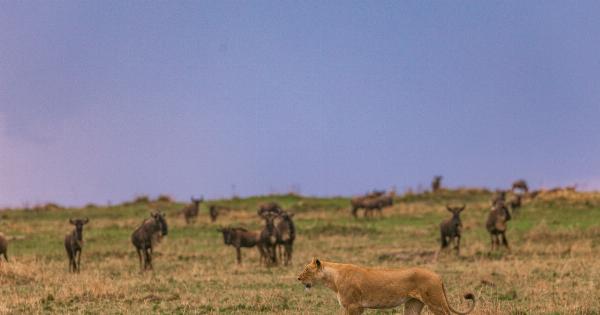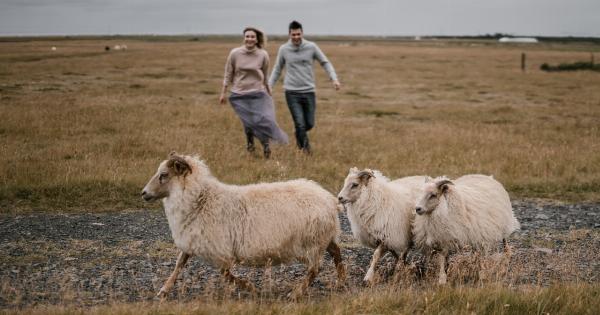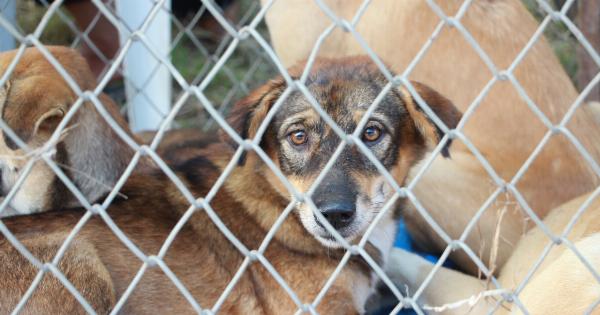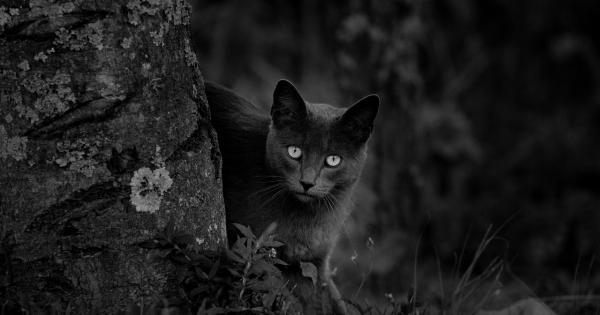Animal abuse is a cruel and heartbreaking reality that plagues our society. It involves the mistreatment, neglect, or harm inflicted upon animals, often resulting in their suffering or death.
This article aims to shed light on the various aspects of animal abuse, including who perpetrates it, why it happens, and how such acts are carried out.
Understanding the Perpetrators
1. Individuals: Many cases of animal abuse are perpetrated by individuals who harbor a distorted sense of power or control over helpless creatures. These individuals may have a history of violence or psychological issues.
2. Industries: Some industries, such as factory farming, animal testing, and entertainment, are known for their involvement in systemic animal abuse. Profit-driven motivations often overshadow ethical considerations.
3. Organized Crime: Shockingly, animals are sometimes victims of organized crime. Illegal activities like dogfighting, wildlife trafficking, and puppy mills involve extensive cruelty towards animals.
Exploring the Motivations
1. Psychological Factors: Some individuals derive pleasure or a sense of satisfaction from inflicting harm on animals. This cruelty may be an outlet for their aggression or a manifestation of underlying psychological issues.
2. Profit and Greed: In industries that exploit animals, profit and greed are the primary motivators. Animals may be subjected to harsh conditions, cramped spaces, and relentless testing to maximize profits.
3. Lack of Awareness and Education: In certain cases, animal abuse may result from ignorance or a lack of understanding about animal welfare. Education plays a vital role in combating such abuse.
The Methods of Animal Abuse
1. Physical Abuse: This form of abuse involves inflicting pain or injury on animals through beating, kicking, burning, or other violent means. It causes immense suffering and can lead to life-threatening injuries.
2. Neglect and Abandonment: Failing to provide animals with proper food, water, shelter, and medical care constitutes neglect and abandonment, which can be just as harmful as physical abuse.
3. Animal Fighting: Dogfighting, cockfighting, and other forms of animal fighting involve forcing animals to engage in brutal and often deadly battles for human entertainment or gambling purposes.
The Impact of Animal Abuse
1. Emotional and Physical Suffering: Animals subjected to abuse experience immense emotional distress and physical pain. They may endure injuries, infections, malnutrition, and chronic health issues.
2. Environmental Consequences: Animal abuse can disrupt ecosystems and harm biodiversity. For instance, illegal hunting and poaching endanger species and disrupt delicate ecological balances.
3. Relationship with Violence: Studies indicate that individuals who commit animal abuse are more likely to engage in violent behavior towards humans. Addressing animal abuse can prevent further harm to both animals and humans.
Prevention and Intervention
1. Stricter Legislation: Governments and policymakers must enact and enforce stringent laws against animal abuse. These laws should encompass all forms of abuse and ensure appropriate penalties for offenders.
2. Education and Awareness: Promoting education about animal welfare, empathy, and compassion is crucial in preventing and reducing animal abuse. It helps foster a society that respects and protects all creatures.
3. Support Animal Welfare Organizations: Supporting and volunteering for animal welfare organizations can make a significant difference. These organizations work tirelessly to rescue abused animals, provide medical care, and find them loving homes.
The Way Forward
Animal abuse is a grave issue that demands our attention and action. By understanding the various factors that contribute to animal abuse, we can work towards preventing and reducing such incidents.
Each of us plays a role in combating animal abuse, whether it’s through promoting awareness, supporting stricter legislation, or lending a helping hand to animal welfare organizations.
Together, we can create a compassionate and cruelty-free world for all living beings.
